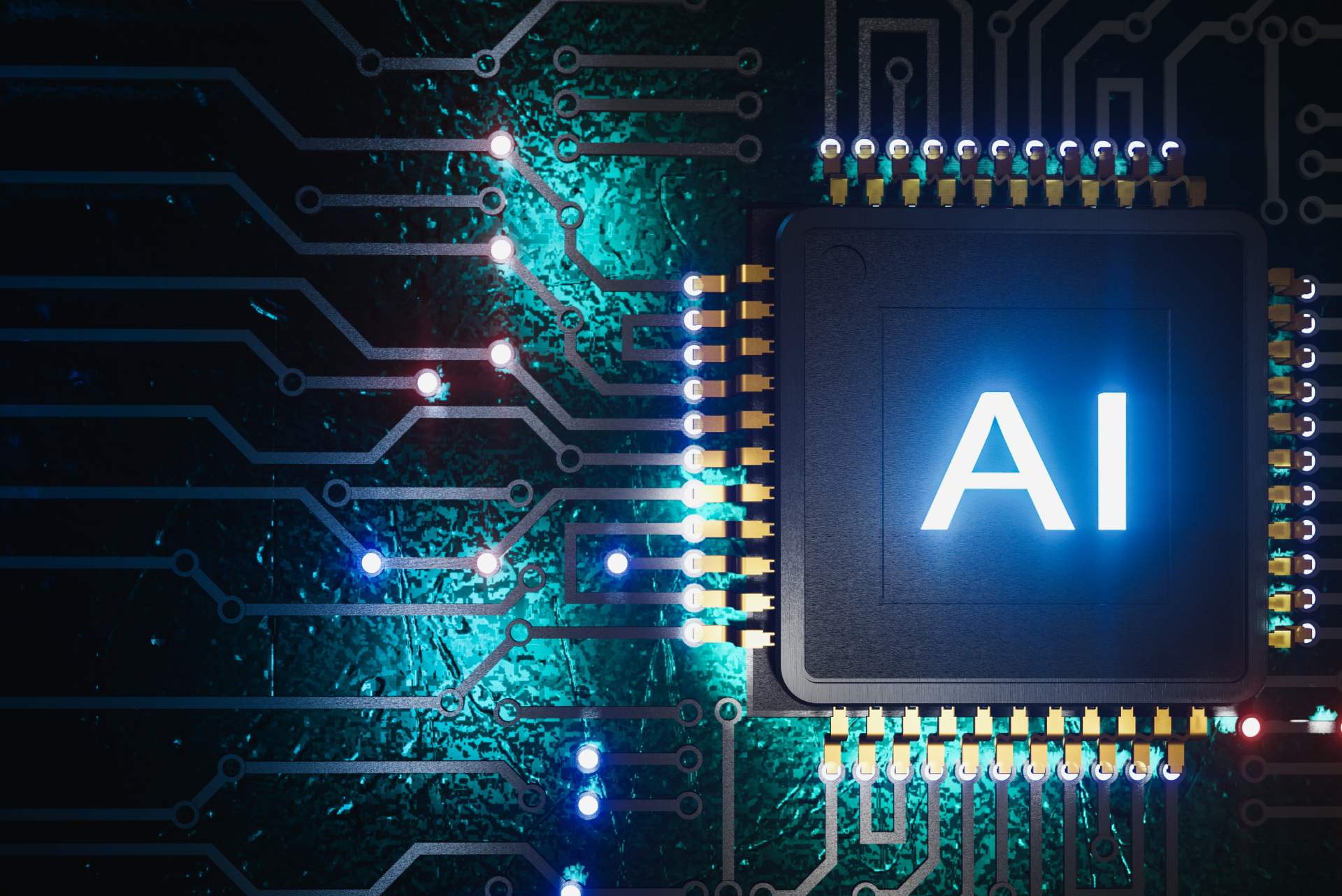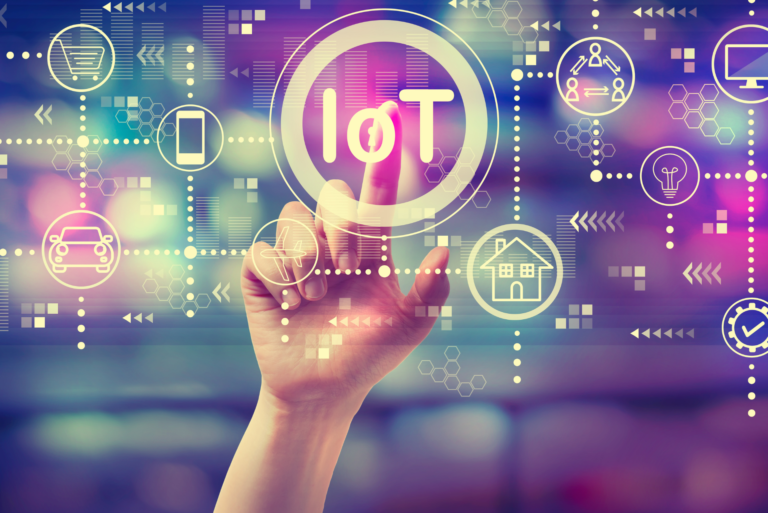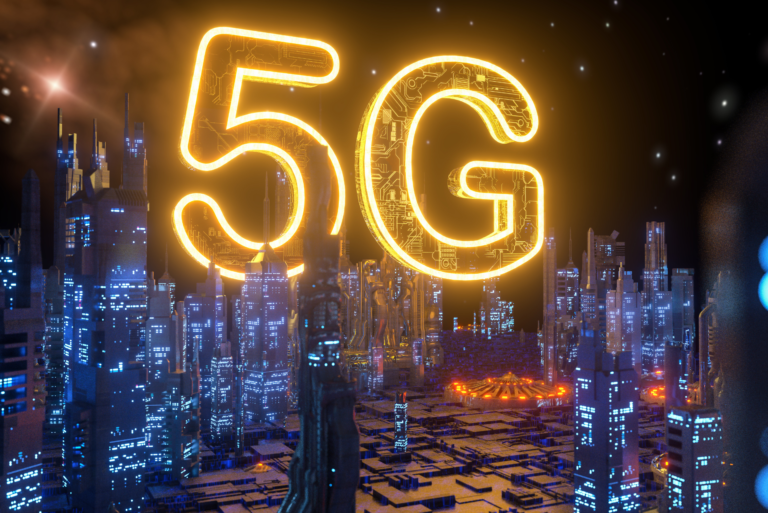The Power of Artificial Intelligence: Transforming Tomorrow
Artificial Intelligence (AI) is no longer just a futuristic concept; it’s a reality shaping the world we live in. From enhancing business operations to revolutionizing healthcare and driving innovation across industries, AI is at the forefront of technological advancement. In this comprehensive guide, we delve into the fascinating world of AI, exploring its capabilities, applications, benefits, and future prospects.
Applications of AI
AI finds applications across diverse domains, transforming how we work, interact, and live:
- Business and Finance: AI-driven analytics optimize business processes, automate repetitive tasks, and enable predictive modeling for better financial decision-making.
- Healthcare: AI-powered diagnostic tools, personalized medicine, and robotic surgery improve patient outcomes, streamline healthcare workflows, and enhance medical research.
- Education: AI-driven learning platforms offer personalized education experiences, adaptive assessments, and intelligent tutoring systems to enhance student engagement and learning outcomes.
- Customer Service: AI chatbots, virtual assistants, and sentiment analysis tools revolutionize customer interactions, delivering personalized support and improving customer satisfaction.
- Transportation: AI algorithms optimize logistics, enhance traffic management, and power autonomous vehicles for safer, more efficient transportation systems.
- Manufacturing: AI-driven predictive maintenance, quality control, and supply chain optimization optimize production processes, reduce downtime, and improve product quality.
Benefits of AI
The adoption of AI brings numerous benefits to organizations and society as a whole:
- Increased Efficiency: AI automates tasks, streamlines processes, and reduces manual errors, leading to higher productivity and cost savings.
- Data-driven Insights: AI algorithms analyze vast datasets to uncover hidden patterns, trends, and actionable insights, enabling data-driven decision-making.
- Enhanced Personalization: AI enables personalized experiences for customers, learners, patients, and users, improving engagement and satisfaction.
- Improved Accuracy: AI-driven systems exhibit high accuracy and consistency in tasks such as image recognition, language translation, and data analysis.
Future of AI
The future of AI holds exciting possibilities, with ongoing advancements in deep learning, reinforcement learning, AI ethics, and explainable AI. Emerging trends such as AI-powered healthcare diagnostics, autonomous vehicles, personalized learning experiences, and smart cities showcase the transformative potential of AI in shaping a better future for humanity.
In conclusion, AI is a transformative force with far-reaching implications for society, business, and technology. Embracing AI responsibly, addressing ethical concerns, and fostering collaboration will unlock its full potential to drive innovation, improve lives, and shape a brighter tomorrow.
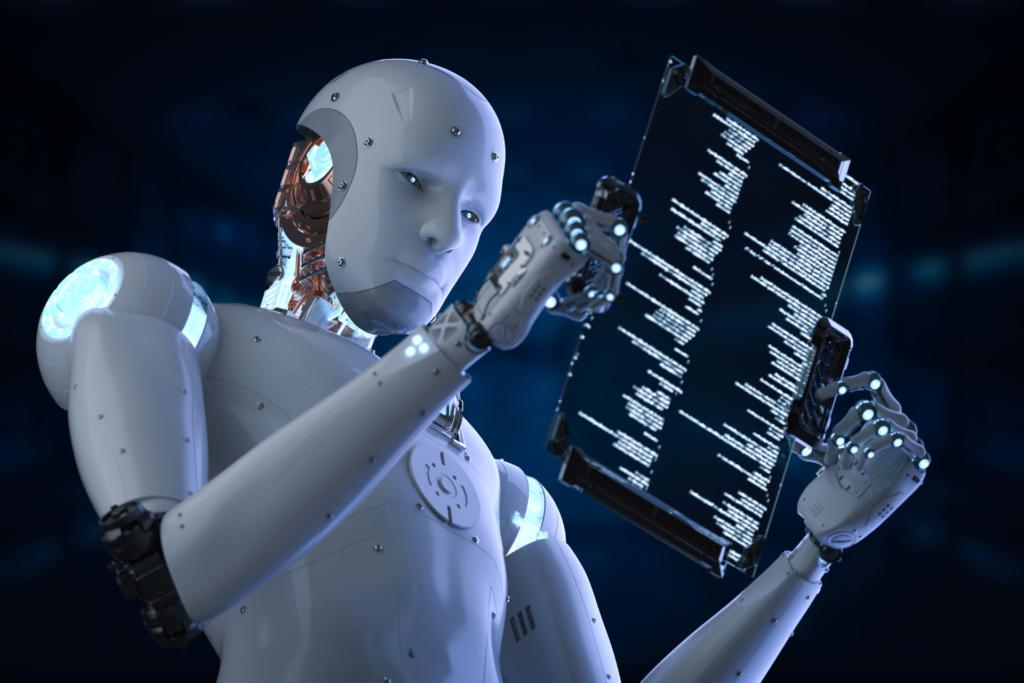
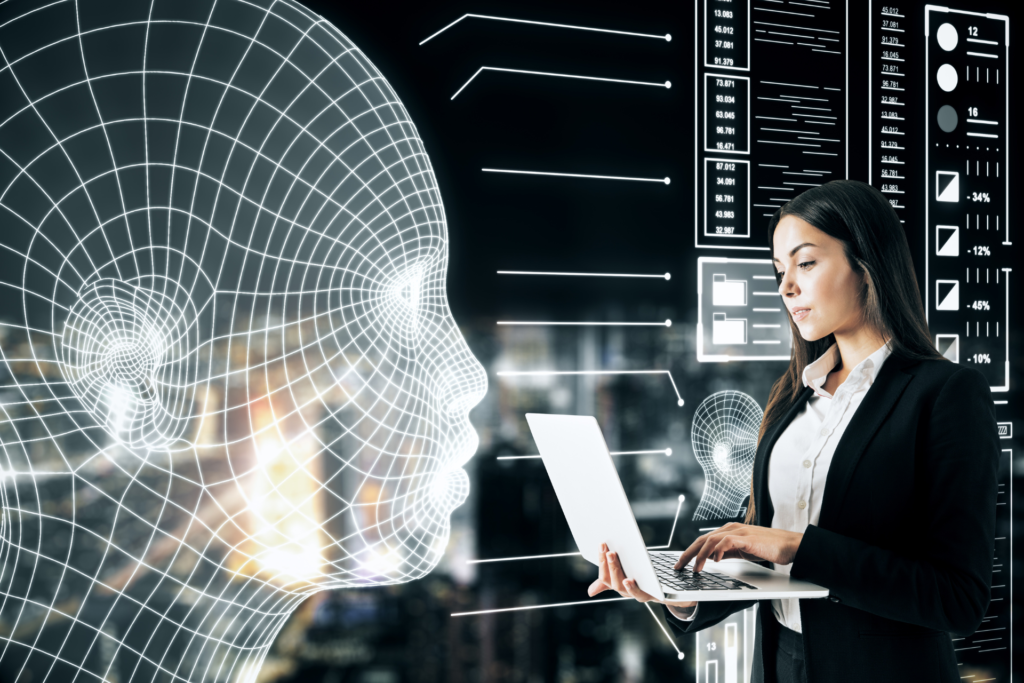
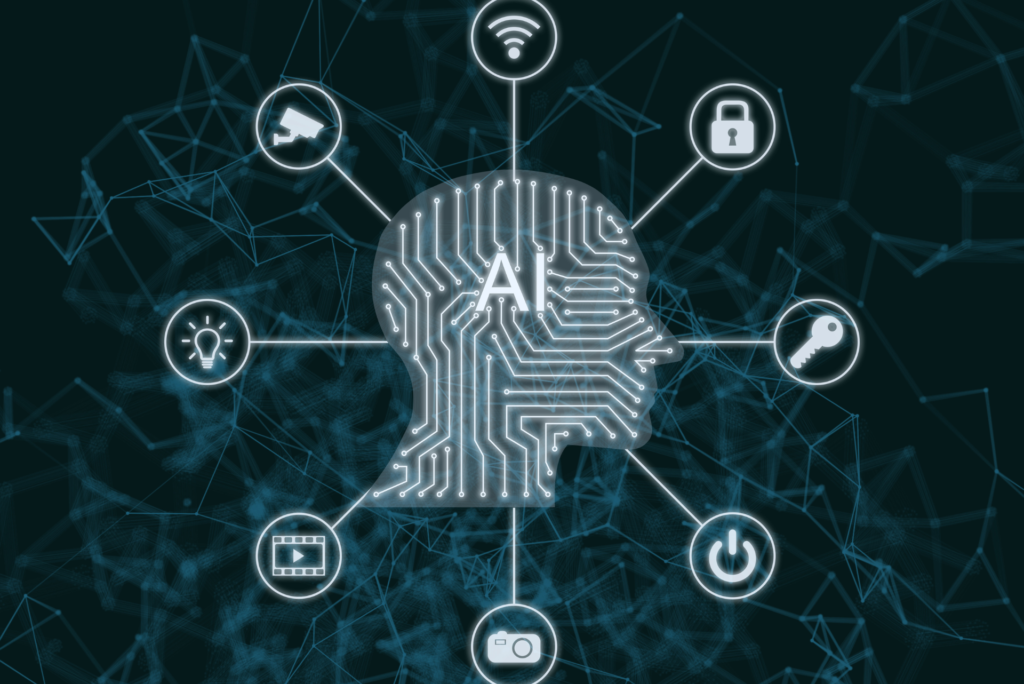
Challenges and Ethical Considerations
While AI offers immense potential, it also presents challenges and ethical considerations:
- Bias and Fairness: AI algorithms may exhibit bias based on training data, leading to unfair outcomes and discriminatory practices.
- Privacy and Security: AI systems collect and analyze sensitive data, raising concerns about privacy, data protection, and cybersecurity.
- Job Displacement: Automation driven by AI may impact employment in certain sectors, necessitating reskilling and workforce adaptation.

